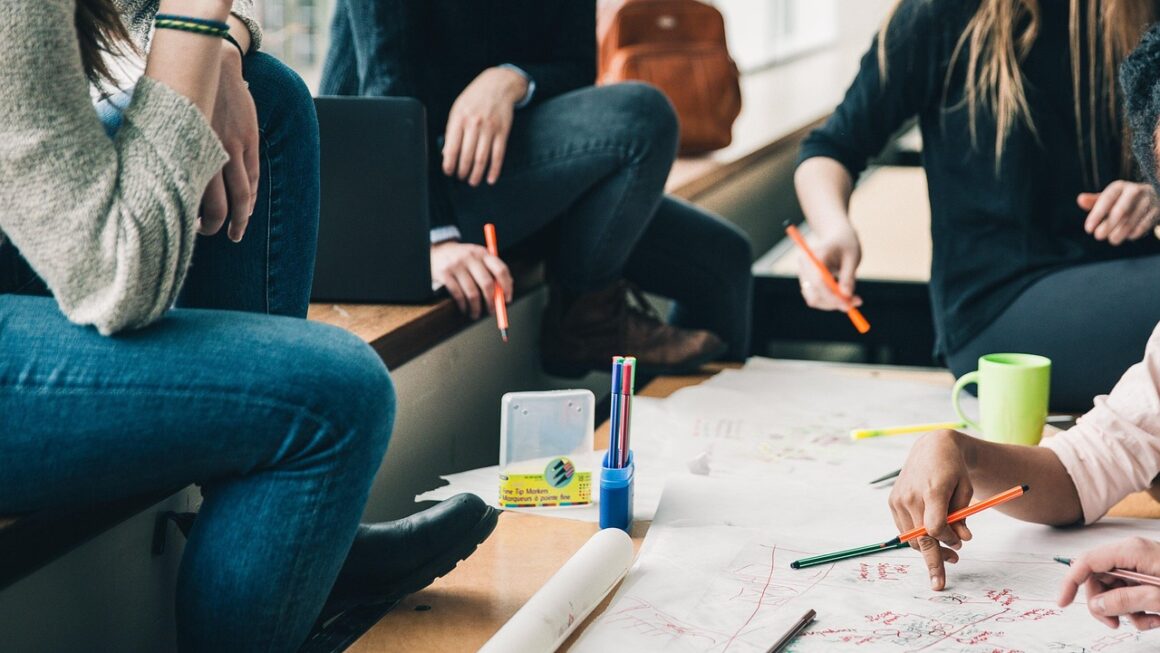Friendship, a cornerstone of human happiness and well-being, often gets overshadowed by romantic relationships and career aspirations. Yet, the power of a strong friendship – the kind built on trust, mutual respect, and shared experiences – can be profoundly impactful, shaping our identities, bolstering our resilience, and enriching our lives in countless ways. This blog post delves into the depths of strong friendship, exploring its essential components, benefits, and practical tips for nurturing these invaluable connections.
The Bedrock of Strong Friendship: Core Components
Trust and Reliability
Trust is the invisible thread that binds friends together. It’s the confidence that your friend will be there for you, both in good times and bad. Reliability complements trust; it’s about consistently showing up and fulfilling your commitments.
- Example: A friend who consistently keeps their promises, even when it’s inconvenient, demonstrates reliability. This could be as simple as showing up on time or as significant as helping you move apartments.
- Actionable Takeaway: Actively cultivate trust by being honest and transparent in your interactions. Demonstrate reliability by honoring your commitments, no matter how small they seem.
Mutual Respect and Acceptance
A strong friendship thrives on mutual respect for each other’s individuality. This includes accepting each other’s quirks, flaws, and differences in opinion. Judgement-free acceptance creates a safe space where you can be your authentic self.
- Example: Accepting a friend’s passion for a hobby you don’t understand, even if you find it strange, demonstrates respect for their interests and individuality.
- Actionable Takeaway: Practice active listening without judgment. Celebrate your friend’s unique qualities and be mindful of their boundaries.
Open and Honest Communication
Honest and open communication is the lifeblood of any strong relationship. It allows you to share your thoughts, feelings, and experiences without fear of judgment. It also allows you to address conflicts constructively.
- Example: Sharing your anxieties about a new job with a friend and receiving supportive and honest feedback demonstrates open communication.
- Actionable Takeaway: Create an environment of open communication by being receptive to your friend’s thoughts and feelings, even when they are difficult to hear. Practice assertive communication to express your needs and boundaries clearly.
The Profound Benefits of Strong Friendships
Enhanced Mental and Emotional Well-being
Studies have shown that strong social connections, particularly friendships, have a significant positive impact on mental and emotional health. They provide a sense of belonging, reduce feelings of loneliness, and boost self-esteem.
- Data Point: Research published in the journal PLoS Medicine found that people with strong social relationships have a 50% greater chance of survival compared to those with weaker relationships.
- Actionable Takeaway: Actively invest time and energy in your friendships. Schedule regular social activities and make a conscious effort to stay connected.
Increased Resilience and Coping Skills
Having a strong support network of friends can significantly increase your resilience in the face of adversity. Friends can offer emotional support, practical assistance, and different perspectives to help you cope with challenges.
- Example: Relying on friends for emotional support during a difficult breakup or job loss can help you navigate the situation with greater resilience.
- Actionable Takeaway: Lean on your friends for support during challenging times. Be open about your struggles and allow them to offer their help and perspective.
Improved Physical Health
Believe it or not, strong friendships can even benefit your physical health. Studies suggest that social connections can lower blood pressure, reduce stress hormones, and even strengthen your immune system.
- Example: Engaging in physical activities with friends, such as hiking or playing sports, can promote a healthy lifestyle and strengthen your bond.
- Actionable Takeaway: Encourage healthy habits within your friendship circle. Organize group workouts, share healthy recipes, and support each other in achieving your wellness goals.
Nurturing and Maintaining Strong Friendships
Prioritizing Quality Time
In today’s busy world, it’s easy for friendships to take a back seat. Making a conscious effort to prioritize quality time with your friends is crucial for maintaining strong bonds.
- Example: Scheduling regular “friend dates,” even if it’s just a simple coffee catch-up, can help you stay connected and nurture your friendship.
- Actionable Takeaway: Schedule dedicated time for your friends in your calendar. Be present and engaged during your interactions, and avoid distractions.
Active Listening and Empathy
Being a good listener is essential for building strong friendships. Show empathy by trying to understand your friend’s perspective and validating their feelings.
- Example: Putting away your phone and actively listening when your friend is sharing a problem demonstrates that you value their thoughts and feelings.
- Actionable Takeaway: Practice active listening techniques, such as maintaining eye contact, nodding, and asking clarifying questions. Put yourself in your friend’s shoes and try to understand their perspective.
Showing Appreciation and Support
Expressing your appreciation for your friends and offering support, both in good times and bad, is vital for maintaining a healthy friendship.
- Example: Sending a thoughtful text message to a friend who is going through a difficult time or celebrating their achievements with enthusiasm shows that you care and value their presence in your life.
- Actionable Takeaway: Regularly express your gratitude for your friends. Offer your support in practical ways, such as helping them with tasks or attending their important events.
Navigating Challenges and Conflicts in Friendships
Addressing Conflicts Constructively
Conflicts are inevitable in any relationship, including friendships. Learning to address conflicts constructively is crucial for preserving your bond.
- Example: Instead of blaming your friend during an argument, use “I” statements to express your feelings and needs. Focus on finding a solution that works for both of you.
- Actionable Takeaway: Address conflicts promptly and respectfully. Avoid personal attacks and focus on the issue at hand. Be willing to compromise and find a mutually agreeable solution.
Forgiveness and Letting Go
Holding onto grudges can damage or even destroy friendships. Learning to forgive your friends and let go of past hurts is essential for maintaining a healthy relationship.
- Example: Acknowledging your own role in a conflict and offering a sincere apology can pave the way for forgiveness and reconciliation.
- Actionable Takeaway: Practice forgiveness by releasing negative emotions and focusing on the positive aspects of your friendship. Remember that everyone makes mistakes, and extending grace is essential for maintaining strong bonds.
Recognizing Toxic Friendships
Sometimes, despite our best efforts, a friendship can become toxic. Recognizing the signs of a toxic friendship and setting boundaries or ending the relationship may be necessary for your well-being.
- Warning Signs: Constant negativity, manipulation, lack of support, and chronic drama are all signs of a toxic friendship.
- Actionable Takeaway: Prioritize your well-being. If a friendship is consistently draining your energy and negatively impacting your life, it may be time to reassess the relationship and set healthy boundaries or end it.
Conclusion
Strong friendships are an invaluable source of joy, support, and resilience. By understanding the core components of a healthy friendship, actively nurturing these connections, and navigating challenges constructively, you can cultivate lasting bonds that enrich your life in countless ways. Remember that friendship is a two-way street, requiring mutual effort, understanding, and commitment. Invest in your friendships, and you’ll reap the rewards for years to come.




